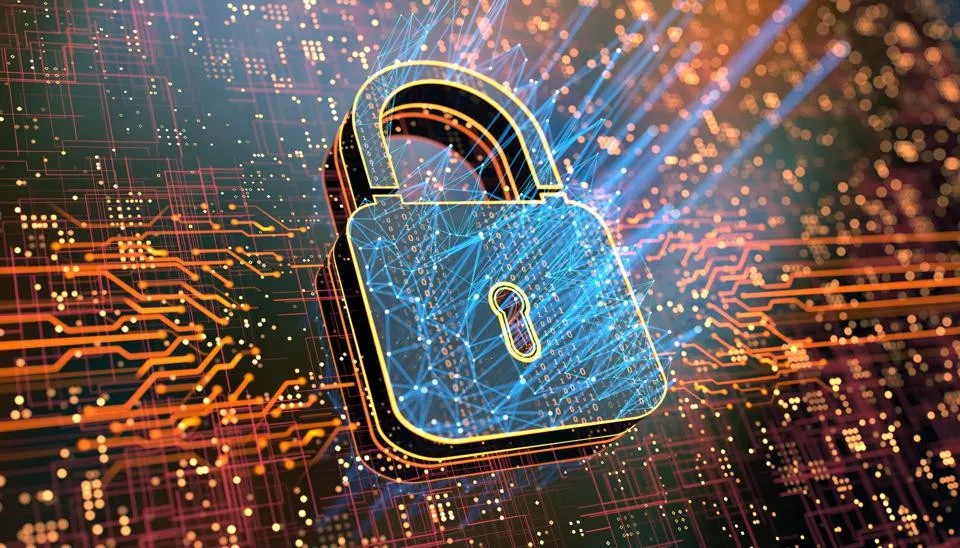How to Stay Safe in Crypto: A Simple Guide for New Users (2025)
Cryptocurrency offers exciting opportunities, but it also comes with risks like scams, hacks, and fraud. If you’re new to crypto, security should be your top priority. This comprehensive guide covers essential tips to protect your investments, avoid common pitfalls, and securely navigate the crypto space.
Why Crypto Security Matters
Unlike traditional banks, crypto transactions are irreversible. If you lose access to your wallet or fall for a scam, recovering funds is nearly impossible. Over $3.8 billion was lost to crypto scams in 2023 alone (source).
New users are especially vulnerable because:
- No central authority can reverse fraudulent transactions
- Scammers constantly develop new tactics
- Many beginners skip basic security measures
By following this guide, you’ll significantly reduce risks and invest with confidence.

Common Crypto Scams to Avoid
1. Phishing Scams
- Fraudsters impersonate legitimate platforms via fake emails, websites, or social media.
- Example: A fake Coinbase login page that steals your credentials.
- How to avoid:
- Always check URLs carefully
- Never click suspicious links in emails/DMs
- Use bookmark links for exchanges
2. Fake Exchanges & Wallets
- Scammers upload malicious apps on Google Play and Apple App Store.
- Example: A fake MetaMask app that drains wallets.
- How to avoid:
- Only download wallets/exchanges from official websites
- Check reviews and developer details
- Avoid “too good to be true” offers
3. Ponzi & Pump-and-Dump Schemes
- Fraudsters promise high returns with little risk.
- Example: A “guaranteed 10X return” crypto project.
- How to avoid:
- Research projects thoroughly
- Be skeptical of unrealistic promises
- Check audits on CoinGecko or CoinMarketCap
4. Rug Pulls
Avoid tokens with anonymous creators
Developers abandon projects after taking investor funds.
How to avoid:
Look for doxxed (publicly known) teams
Check liquidity lock status
Essential Crypto Safety Tips
1. Use a Secure Wallet
- Hardware wallets (Ledger, Trezor) are safest for long-term storage.
- Software wallets (Trust Wallet, Exodus) are convenient but less secure.
2. Enable Two-Factor Authentication (2FA)
- Adds an extra layer of security beyond passwords.
- Use an authenticator app (Google Authenticator) instead of SMS.
3. Never Share Private Keys
- Your private key = access to your funds.
- Legitimate platforms never ask for your private key.
4. Research Before Investing
- Check CoinMarketCap, CoinGecko, and community discussions.
- Avoid FOMO (Fear of Missing Out)—scammers exploit this.

Advanced Security Measures
1. Cold Storage for Long-Term Holdings
- Offline wallets protect against online hacks.
2. Multi-Signature Wallets
- Requires multiple approvals for transactions, reducing theft risks.
3. Regular Security Audits
- Update software, revoke unused app permissions, and monitor transactions.
Final Thoughts: Stay Vigilant in Crypto
Crypto is revolutionary but risky. By following these safety measures, you can minimize threats and invest with confidence.
🔍 Frequently Asked Questions (FAQs) About Crypto Safety
1. What is the safest way to store cryptocurrency?
✅ Answer: The safest storage method is a hardware wallet (cold storage) like Ledger or Trezor. For active trading, use reputable software wallets (Trust Wallet, Exodus) with strong passwords and 2FA enabled.
2. How do I know if a crypto exchange is legitimate?
✅ Answer: Check for:
- Regulatory compliance (e.g., registered with FinCEN, SEC, or FCA).
- User reviews (Trustpilot, Reddit).
- Official website URL (avoid phishing sites).
3. Can I recover lost crypto if I lose my private key?
❌ Answer: No. Private keys grant ownership—if lost, funds are irrecoverable. Always back up keys securely (offline).
4. What should I do if I suspect a phishing scam?
✅ Answer:
- Do not click links in suspicious emails/messages.
- Report the scam to the real platform’s support team.
- Enable 2FA immediately.
5. Is it safe to keep crypto on an exchange?
⚠️ Answer: Exchanges are convenient but risky (hacks happen). Use them only for trading—withdraw to a private wallet for long-term holding.
🔒 Stay safe, and happy investing!








“Great guide! As a crypto enthusiast, I can’t stress enough how important security is—especially for beginners. Your tips on avoiding phishing scams and using hardware wallets are spot on. I’d also recommend bookmarking trusted sites like CoinGecko to verify projects before investing. Keep up the excellent work!”